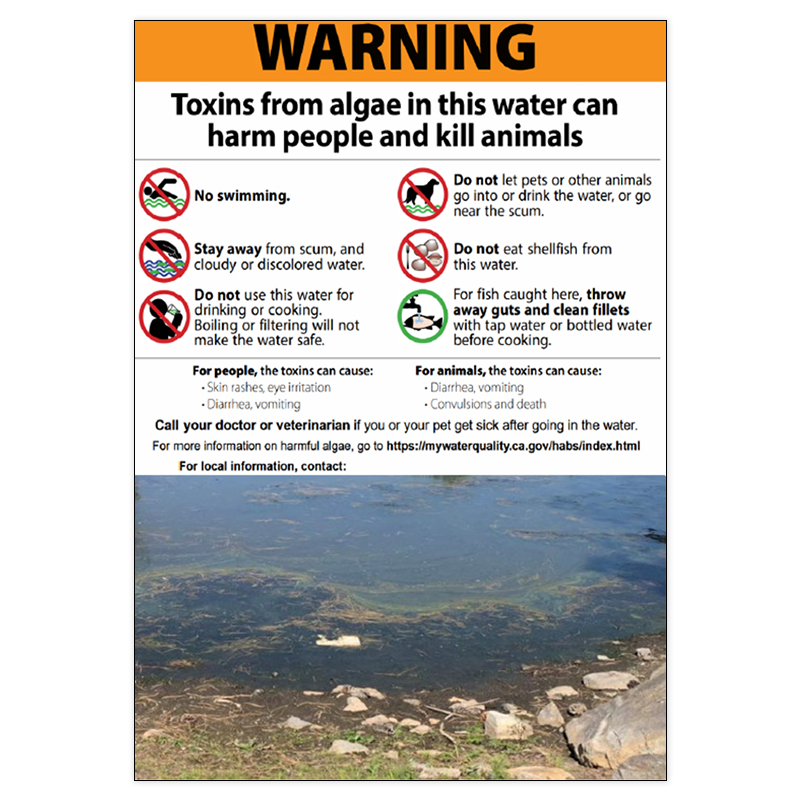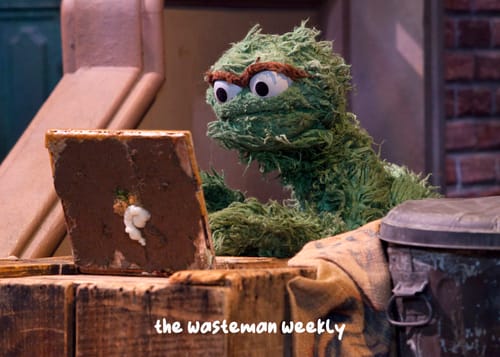LAKE-GOERS BEWARE: The Loch Ness Monster may no longer be a myth; it may have just been in hibernation…
This summer, global warming has ransacked us in a number of different ways—from hurricanes and heat waves to exploding tick populations and now lake-dwelling bacteria. The increase in global temperatures has made our lakes and rivers the perfect breeding grounds for harmful bacteria like E. coli and cyanobacteria. These bacterial pools have so far caused a number of beach closures across the U.S., turning many people's summers upside down.
Diving In
The Loch Ness Monster of our time doesn’t live in Scotland—it lives in the warming waters of our local lakes. Bacteria like E. coli and cyanobacteria thrive in these increasingly warm environments, lurking beneath the surface, waiting to strike. With lakes warming by 0.6°F per decade, these bacterial beasts are becoming more common, even in places once considered safe. Their symptoms aren’t just a scare—they’re real, ranging from rashes and stomach issues to liver damage. And the cost to keep this monster at bay? Over $1 billion in the last decade alone.

But what’s feeding this monster? Rain, of all things. When storms hit, they wash nutrients like phosphorus and nitrogen into our lakes, fueling these bacterial blooms. Add rising CO2 levels to the mix, and you’ve got the perfect conditions for this monster to grow. From Massachusetts to California, no region is safe. And for communities like those around Lake Tahoe and Lake Elsinore, where summer tourism is a lifeline, these bacterial blooms are more than just a nuisance—they’re a threat to their very survival.
Slaying the Monster
So, how do we stop this modern-day Loch Ness Monster? The answer lies in cutting off its food supply—reducing the pollution that fuels these blooms and lowering emissions to keep our waters cool. This isn’t just about keeping the monster at bay; it’s about protecting the communities that rely on these lakes and rivers. As Jeff Cowen from the Tahoe Regional Planning Agency says, “Here, the economy is the environment and the environment is the economy.” And honestly, Jeff's right, not just about Tahoe but about how we should be thinking about our environments wherever we live. It's time we go back to being stewards of the land we live in and work together with nature, instead of against it—because that's a battle we surely won't win.








